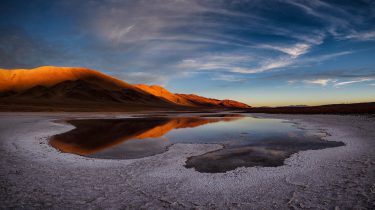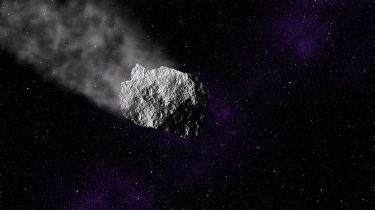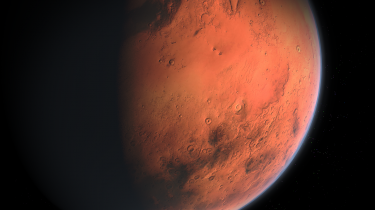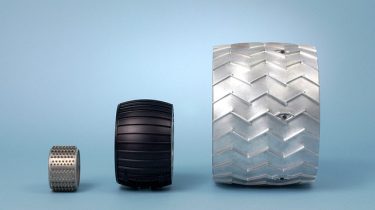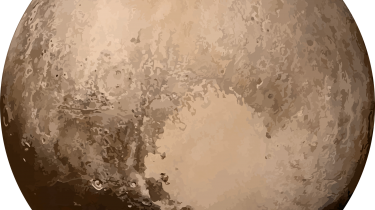Climate Change in Loess
By Xi Chen The history of the Neogene paleoclimate and environment are hidden in a “secret collection” written by nature in code. Scientists all over the world are explaining and reading these “secrets”, among which the three most widely read books include deep-sea sedimentation, polar ice cores, and Chinese loess. The Loess Plateau is one of the longest (about 20 million years) and most complete land paleoclimate recorders discovered so far. The Loess Plateau is composed of loess, a word […]
Read more

